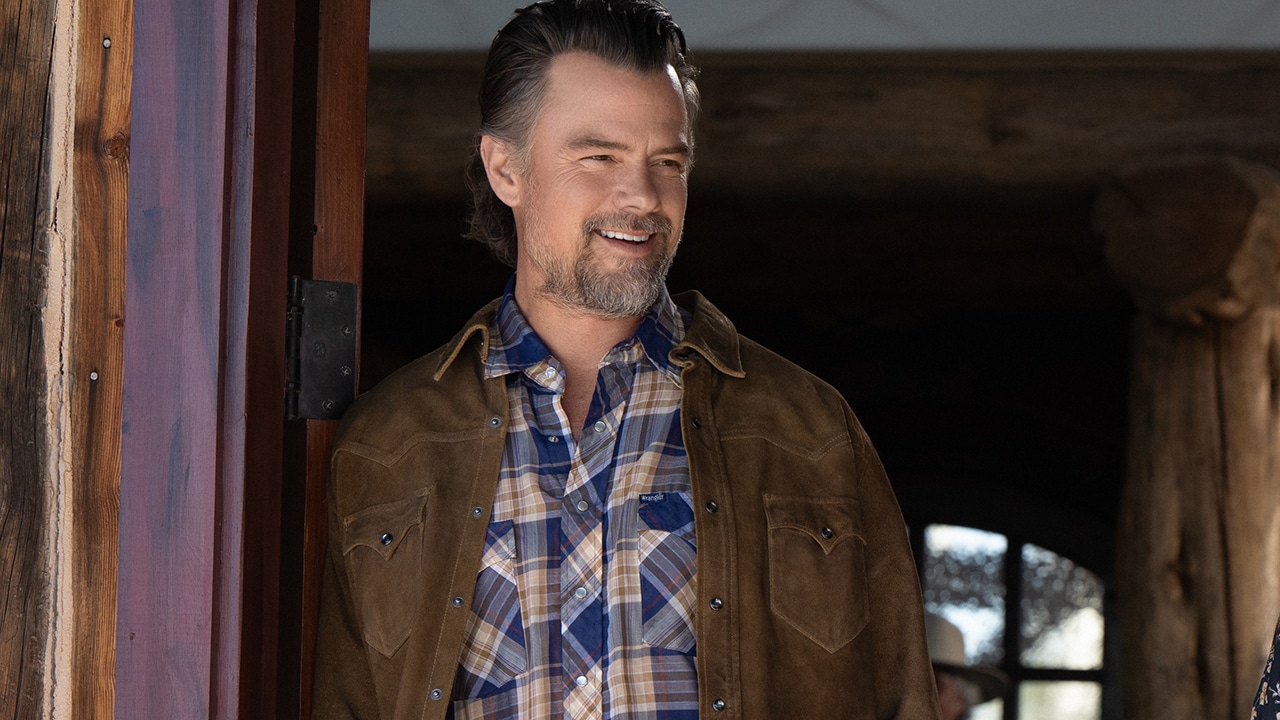First Person is a daily personal piece submitted by readers. Have a story to tell? See our guidelines at tgam.ca/essayguide.
Illustration by Marley Allen-Ash
I first encountered the classics in university. I was 19, had fallen in love with literature and was pursuing an undergrad degree in English lit. But combine a lack of life experience with exams, essay deadlines and a fixation on good grades – the result is definitely not conducive to a full appreciation of what I was reading.
Middlemarch, The Picture of Dorian Gray, Pride and Prejudice, Madame Bovary: I loved these books, but I didn’t get the chance to sit with them, allow them to marinate. Take them apart and figure out what makes them tick.
Some 40 years later – as an editor – it’s now my job to figure out what makes a book tick (or more often, what it needs to make it tick). As an author, I dream of my own novels standing the test of time. As a reader, I love to luxuriate in fictional worlds. So, when a colleague and fellow author suggested tackling a bunch of classics to deconstruct them down to their skeletons, I was intrigued.
I had no idea what I was in for.
We made a list and split them up. Many, though not all, of the books I chose were rereads of novels I had adored. I was curious to see how they would land decades later. Would they still resonate? Perhaps more concerning, would my technology-fractured attention span be able to handle 900 pages of George Eliot?
Reading Middlemarch when you’re 19 is a very different experience from reading it when you’re 60 and have been through – well – life. So much of what Eliot was doing with marriage and relationships and expectations must have gone right over my oblivious 19-year-old head. And so much of it is laugh-out-loud funny. The attention she pays to the development of even secondary characters; the dialogue; the way she pairs people together who are guaranteed to make sparks fly. It’s masterful.
That said, the prospect of rereading Middlemarch was a little scary. It’s a brick of a book with tiny print. I still have my university copy, with notes written in the margins and all the brilliant sentences underlined in ink. I looked at it, sitting on my bookshelf. It looked at me.
Maybe, I thought, I should try listening to the audiobook. So I did.
To say I was swept away would be an understatement. I didn’t want to do anything except listen. I never wanted the book to end. I was so enthralled I texted a fellow book enthusiast who had also read Middlemarch in university: “You have to read it again. You won’t believe how good it is.” And how incredibly relevant, even though it was published in 1871. Maybe life has changed since then, but human nature hasn’t.
And maybe life hasn’t changed as much as we think. Read Madame Bovary and tell me you don’t get Facebook vibes. Everyone else is always having a better time than poor Emma Bovary. Everyone’s grass is greener. Nothing and no one lives up to her expectations. When the going gets tough, Emma Bovary does the equivalent of pressing “Add to Cart.”
Read The Picture of Dorian Gray and tell me that our present-day obsessions with youth and beauty are something new. Oscar Wilde certainly understood them. He would have a lot to say about today’s selfie society and the social media personas we project to the world which are rather different from the truth.
So, the reading was enthralling. But then came the job of taking these novels apart to understand how the authors achieved their effects, what they did with structure and point of view and narrative goals. Why they are classics. Some of these works were relatively straightforward, like The Old Man and the Sea. Others – The Godfather, Brideshead Revisited – hurt our heads to figure out.
We gave the attention to these novels that they deserved – attention that I could never have given them in university and never would have wanted to at age 19. That’s why I recommend reading (or rereading) them. The classics have stood the test of time for a reason. These authors understood something about humanity that still resonates, still makes us question our motives and life choices.
Our world has become both practical and byte-sized. Reading the classics is a way to reclaim something that is in danger of being lost: the enjoyment of mastery in language, of characters so alive we might imagine them walking into our living room.
Good fiction teaches something that we will always need: the ability to empathize. To stand in another person’s shoes and feel what they feel – and maybe come away with an understanding we didn’t have before.
Michelle Barker lives in Vancouver.














